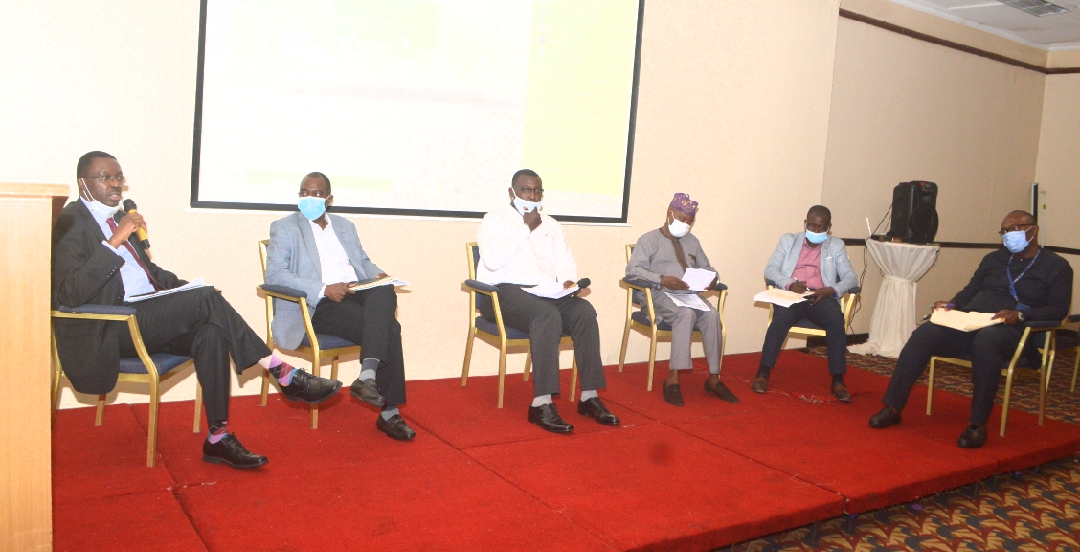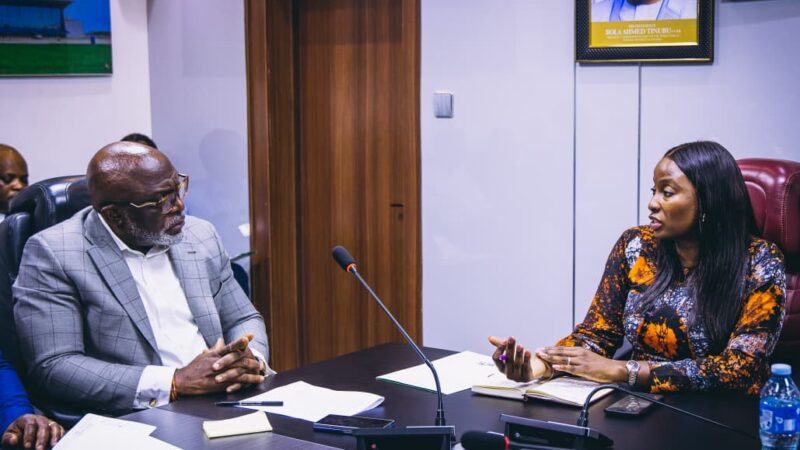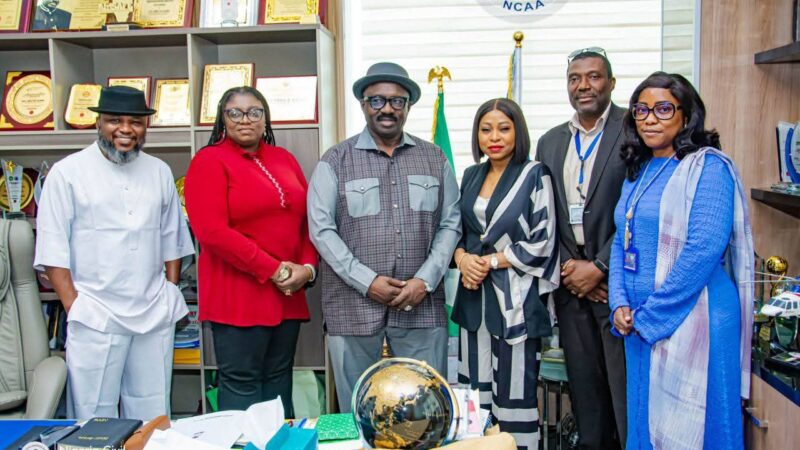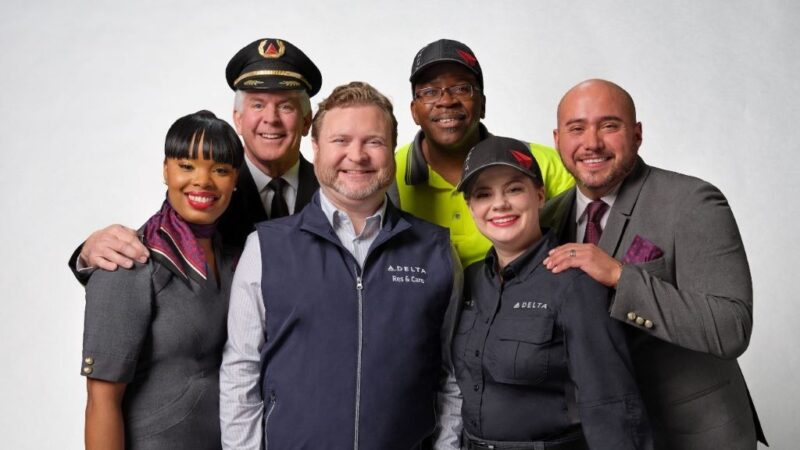Stakeholders task FG, airlines on tackling communication errors in air accidents


Over 70 per cent of air accidents have been attributed to human factor errors ranging from poor communication between the cockpit and the control tower to inadequate training of crew members, and poor maintenance of aircraft and air navigational facilities.
To tackle these issues head-on, aviation experts have called on the Federal Government to assume full responsibility for its regulatory mandate and provision of modern navigational facilities to reduce human-factor-related accidents and incidents.
Speaking at a conference held in Lagos by the Accident Investigation Bureau, Nigeria (AIB-N) in partnership with the League of Airport and Aviation Correspondents (LAAC) on “Preventing Human Factors in Air Accident Investigations,” the President of National Air Traffic Controllers Association (NATCA), Engineer Abayomi Agoro, said one of the human factor areas needing a quick fix is the poor communication facilities in the nation’s airspace.
According to him, there have been calls to the government and airlines to factor in the training of personnel so as to become compliant with the new equipment introduced to boost communication in the nation’s airspace.
He said, “The issue of communication has been something we have been calling on government and NAMA (Nigeria Airspace Management Agency) as a service provider to do more on it.
“The poor communication is not only from the ground equipment at times also it is from the air stations but most of the time these are some things that can degenerate to incidents or accidents.
“Even now that we have data exchange which has to do with the CPDLC not all the airlines are compliant with that and not all the controllers have gone through the training so definitely, it’s one of the areas we have to look critically into to prevent human factors we are talking about.”
Buttressing his point on communication hitches in air navigation, Representative of the Airline Operators of Nigeria (AON), Captain Akin George said the communication system in Nigeria is best described as weak.
He said,” The communication system in Nigeria is quite weak; this has been a recurring problem for the last 10-15 years. Solutions have been put in, we take one step forward and within a month or two we are back to the norm.
“We have been talking on human factors today and we know one of the critical elements is communication, if you cannot communicate with your controller; then who is controlling who? As of today the communication between aircraft and the services coming out of Kano to Lagos is extremely weak.
“If you happen to be operating from the eastern side of the country, coming out of Calabar or Uyo, Port get Harcourt and you’re heading towards Kano, it’s extremely weak, in most cases you have to get another aircraft to rely on your information.
“Now whilst all this is going on the aircraft does not stay in one place and so you have a dynamic situation which for me, remains high risk and that is one of the areas we need to tackle as soon as possible in order to reduce the risk.”







